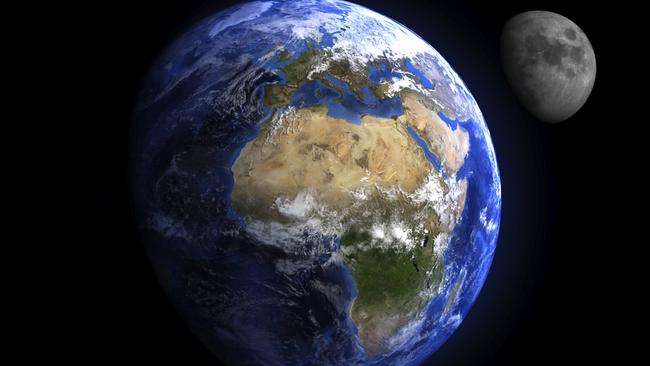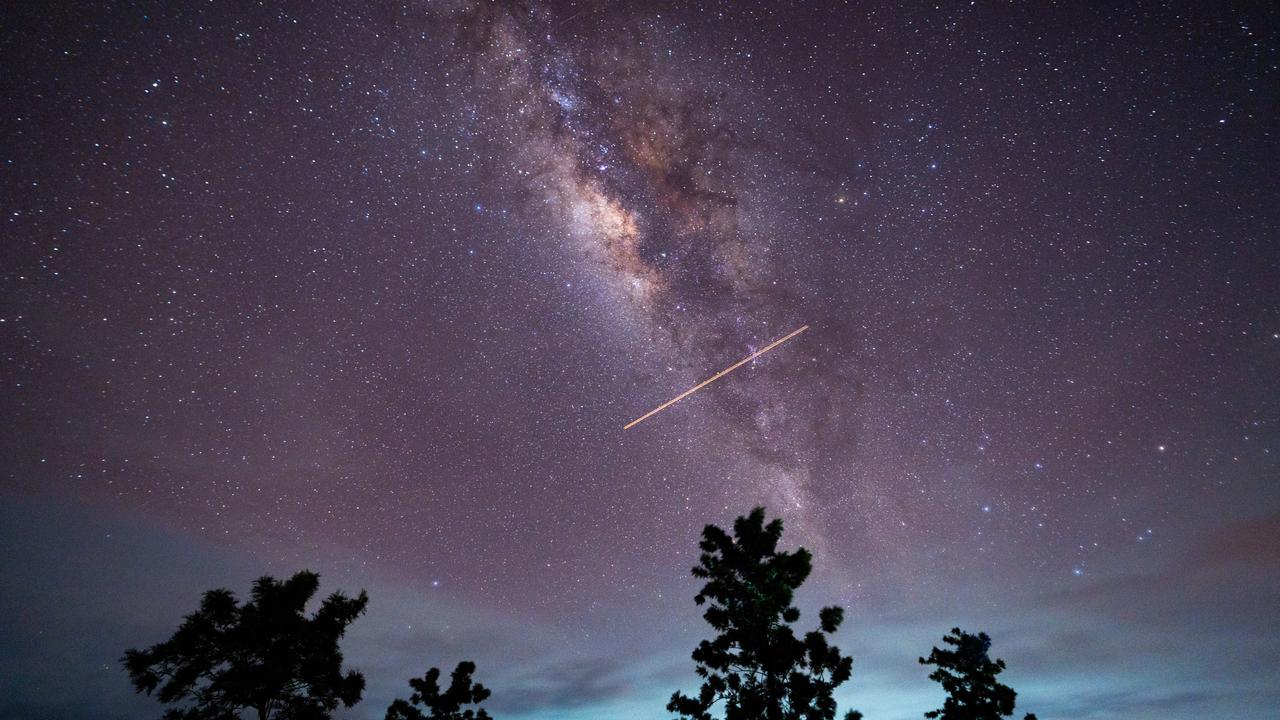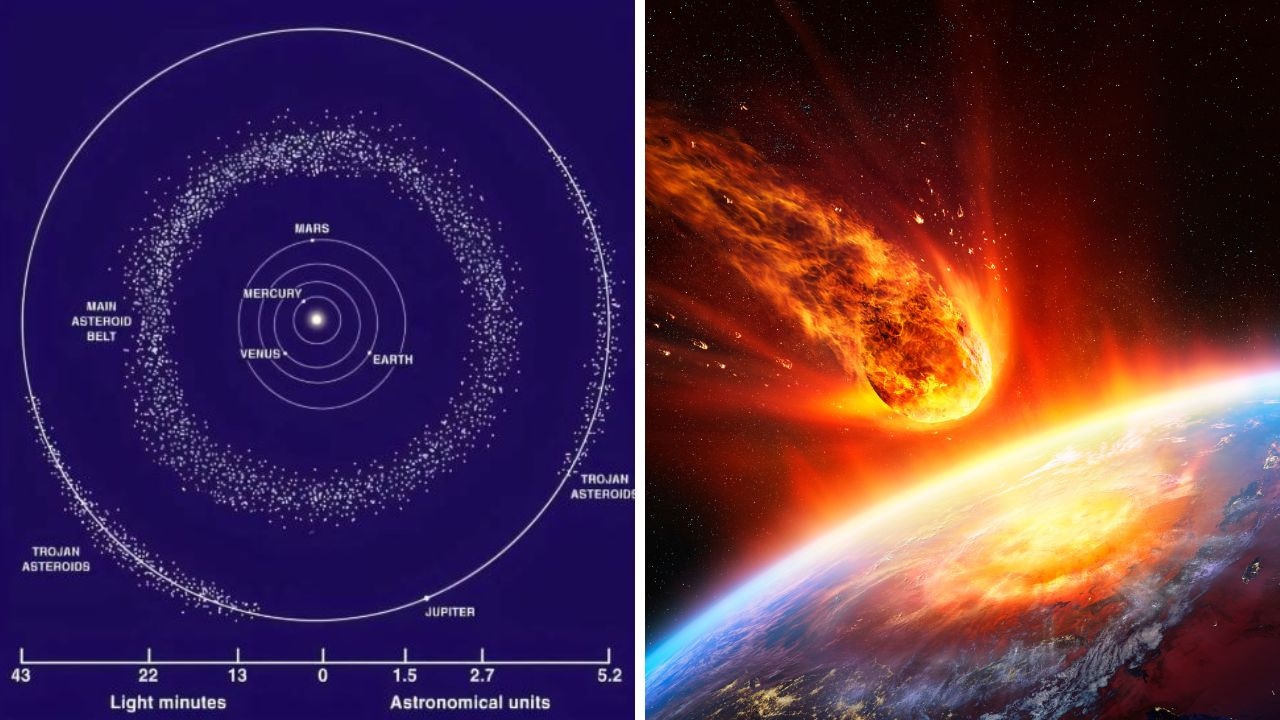The Earth is found to be 60 million years older than we thought
PLANET Earth is showing no signs of old age despite scientists discovering it’s actually 60 million years more mature than we initially believed.

THE Earth is looking pretty good for its age, but that might be because it’s actually a lot older than we first thought.
It has been revealed that our planet could be 60 million years more senior after research conducted by geochemists at the University of Lorraine in France studied gases that have been around since Earth’s early days.
To go back to “deep time” it becomes difficult to put a date on early Earth events because, as typical geology uses rock composition to indicate time, there were no rock layers during its infancy. Another way to understand how old something is can be done by comparing changes in the amount of different gases around at certain dates.
The team analysed xenon gas found in Australian and South African quartz, which go back to 2.7 and 3.4 billion years. Gas is preserved in the quartz and acts like a time capsule for scientists to compare and refine dating techniques and estimate when Earth began to form.
It was previously thought the Earth’s atmosphere formed 100 million years after the solar system’s formation. But going by this new calculation it’s estimated this is now around 40 million years after.
But Mother Nature won’t have to worry about a senior’s card just yet. With the Earth’s age locked at over 4.5 billion-years-old this extra 60 million is, in the grand scheme of things, not a significant number but in an evolutionary realm a lot can happen in this time.
Evidence to come out this week has strengthened the theory that the moon was formed when a large object smashed into early Earth, sending fragments of molten rock and gas into space where they all consolidated to make the moon. So if this is the case, the moon also has just notched up a few more birthdays.



